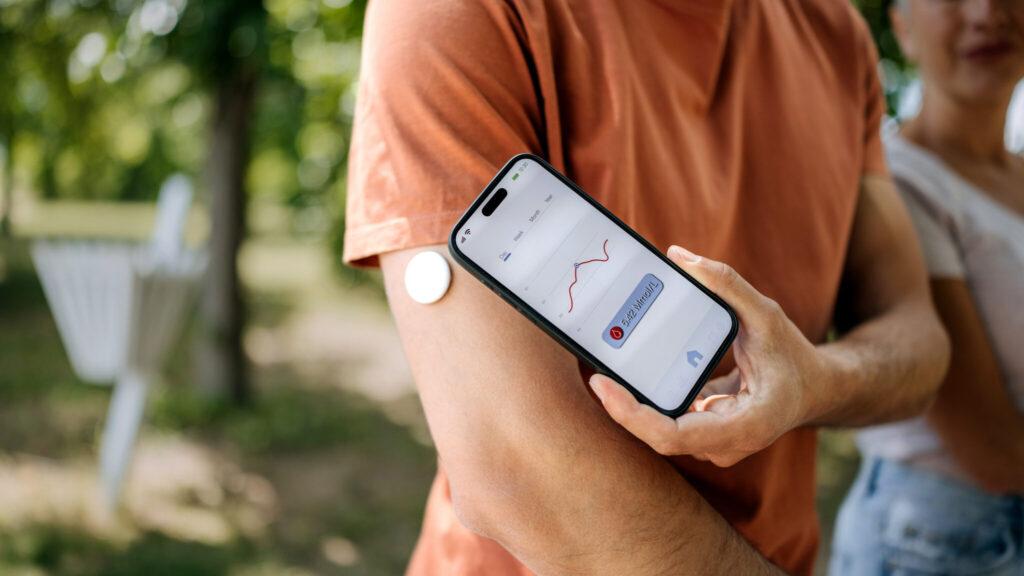
Beyond the Mouth: Regular Interdental Cleaning Tied to Improved Blood Glucose Control in Type 2 Diabetes
A clinical research study has provided compelling new evidence reinforcing the crucial link between oral health and systemic health, specifically focusing on the management of Type 2 diabetes. The study found that adults with Type 2 diabetes who maintain a consistent routine of cleaning between their teeth demonstrate significantly more stable 24-hour blood glucose levels.
The findings, published in the American Diabetes Association's journal Diabetes Spectrum, strongly suggest that simple, daily oral care routines can be a practical, low-cost approach to improving overall metabolic health.
The Data: Interdental Cleaning Equals Better Control
The research tracked the blood sugar patterns of participants using continuous glucose monitoring (CGM) sensors over 14 days, comparing their readings to their self-reported oral hygiene habits. The results were striking:
Higher "Time in Range" (TIR): Participants who cleaned between their teeth (using floss or interdental brushes) three or more times per week spent a greater amount of time within the healthy target glucose range (70–180 mg/dL).
Lower Average Glucose: This group also exhibited lower Glucose Management Indicator (GMI) values (reflecting a lower 24-hour average glucose) and lower fasting glucose levels, indicating steadier day-to-day blood sugar control.
Tooth Retention Matters: The study also found that individuals with 20 or more natural teeth showed more favorable 24-hour glucose profiles compared to those who had fewer teeth, highlighting that preventing tooth loss is integral to diabetes management.
The Oral-Systemic Connection
This study builds upon decades of research showing that treating periodontal disease can transiently reduce HbA1c levels. While the exact causal mechanism beyond inflammation is still being explored, the prevailing theory links the two conditions:
Periodontal Disease and Inflammation: Poor oral hygiene leads to gum inflammation and infection (periodontitis).
Systemic Impact: This localized inflammation releases compounds into the bloodstream, which can interfere with insulin sensitivity, making it harder for the body to control blood sugar.
By reducing the source of chronic inflammation through effective interdental cleaning, patients may inadvertently improve their body's ability to manage glucose.
Implications for Diabetes Care
This research supports integrating preventative dental care into standard diabetes management protocols. As one diabetes specialist noted, the study "demonstrated a strong relationship between daily oral hygiene practices and glucose management."
For adults managing Type 2 diabetes, practicing interdental cleaning frequently—at least three times per week—is now clearly associated with better metabolic health indicators, reinforcing the fact that a healthy mouth is vital for a healthy body.
Original Article Details
Original Title: Study: Regular interdental cleaning tied to improved blood glucose control in type 2 diabetes
Source: Oral Health Group
Publication Date: November 6, 2025